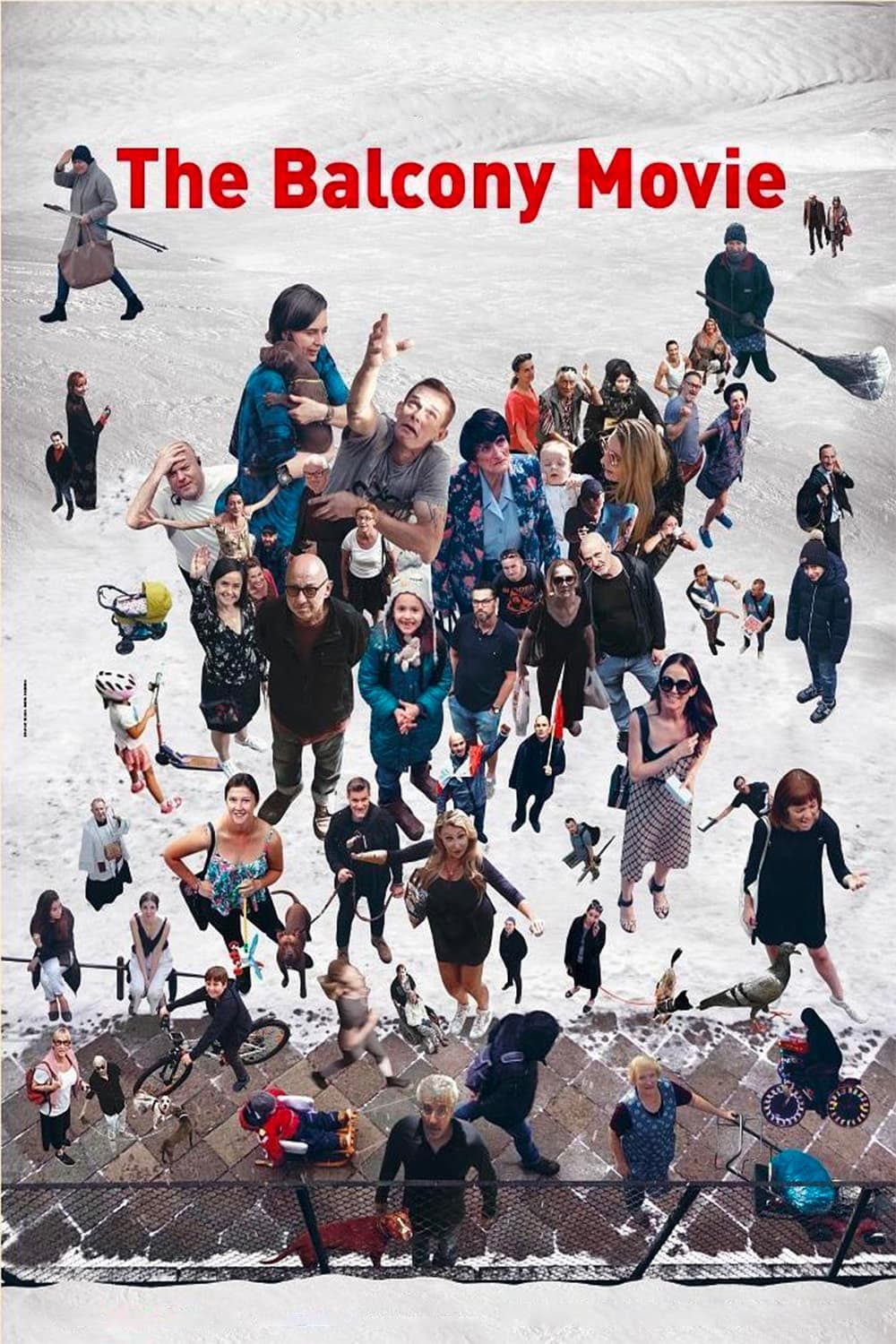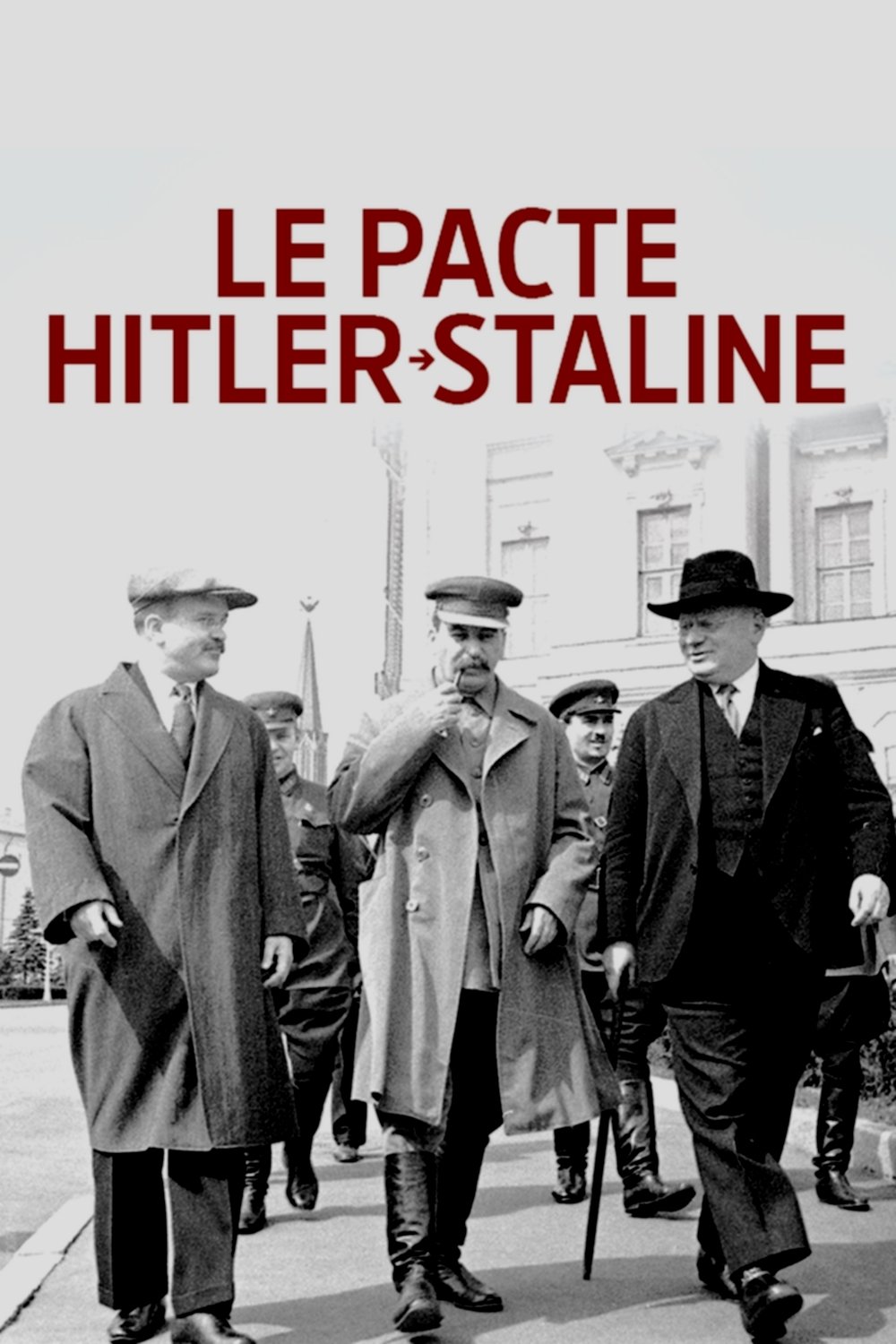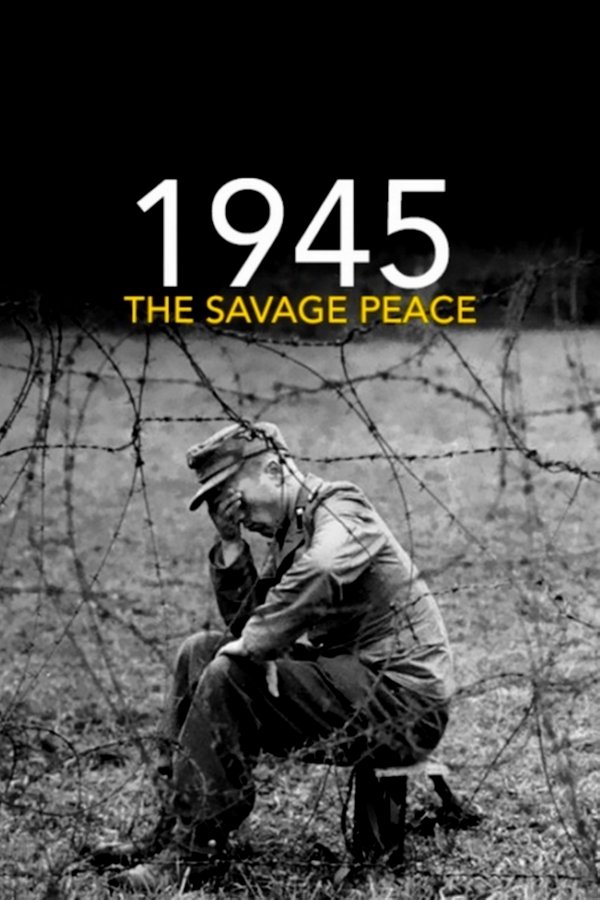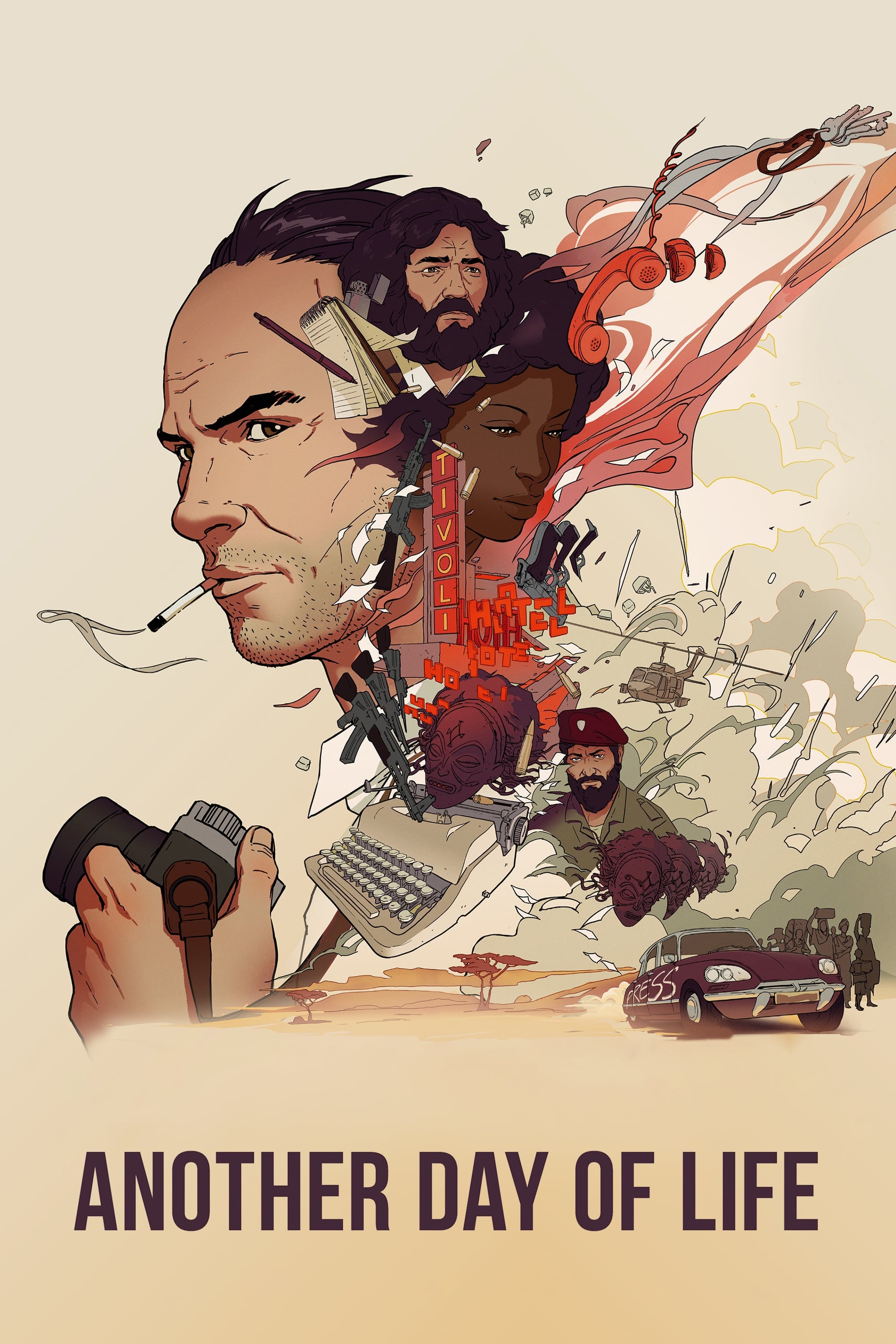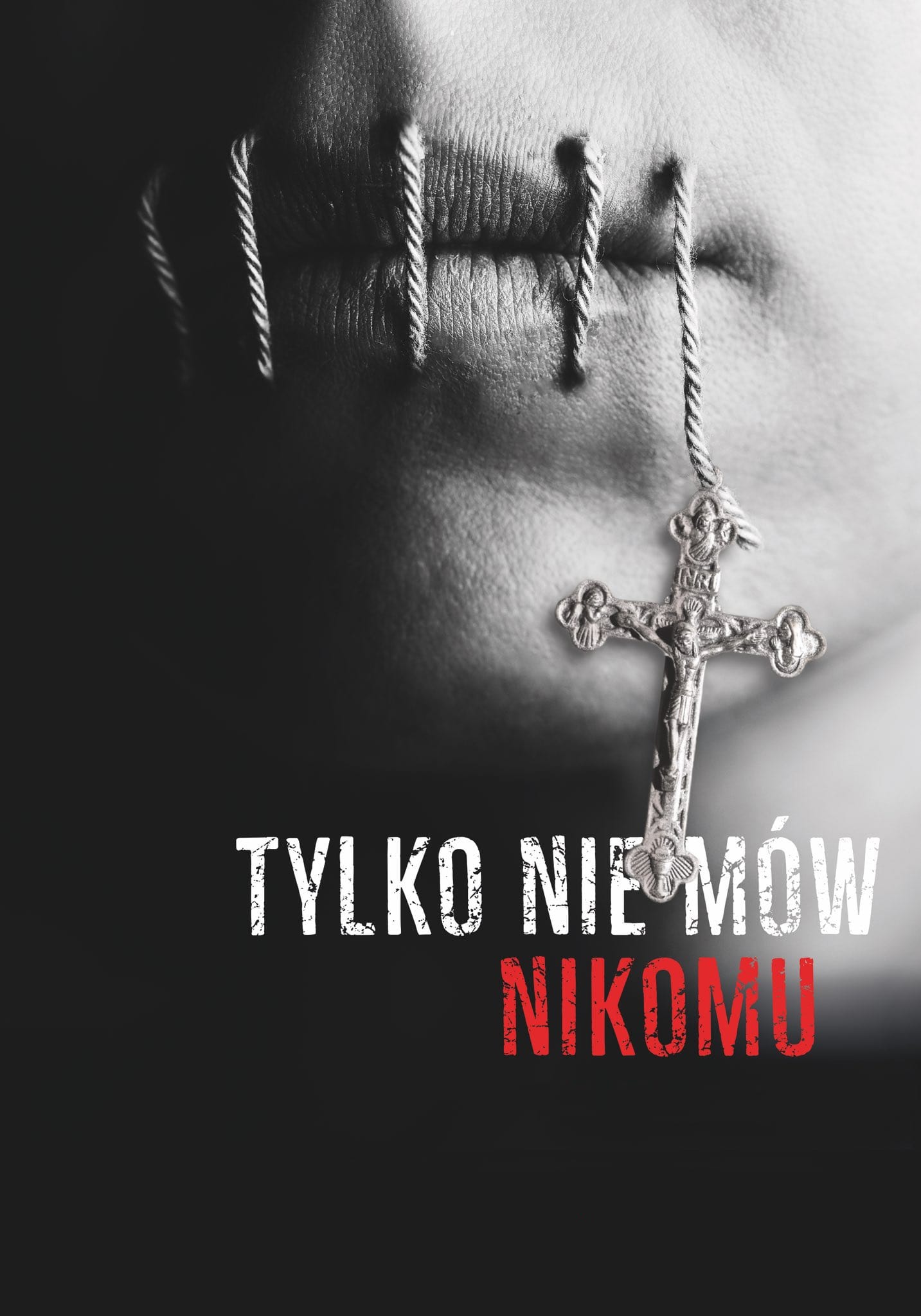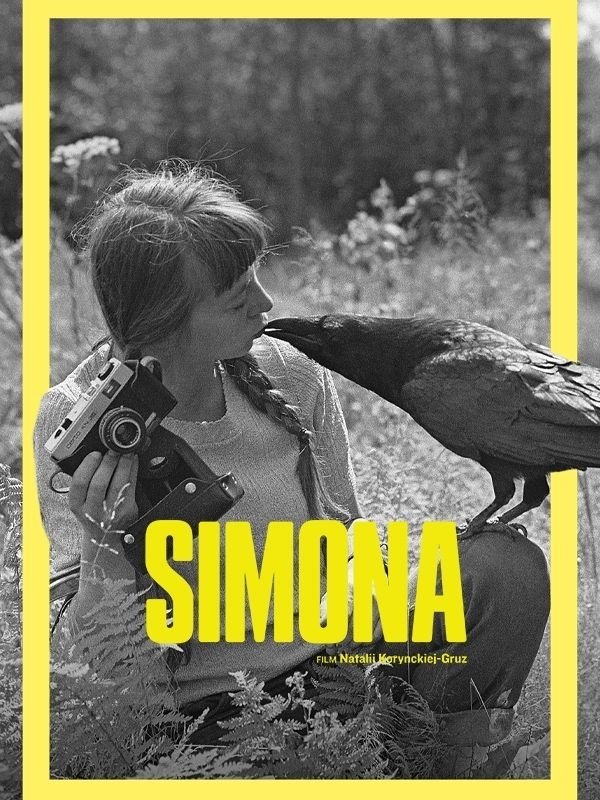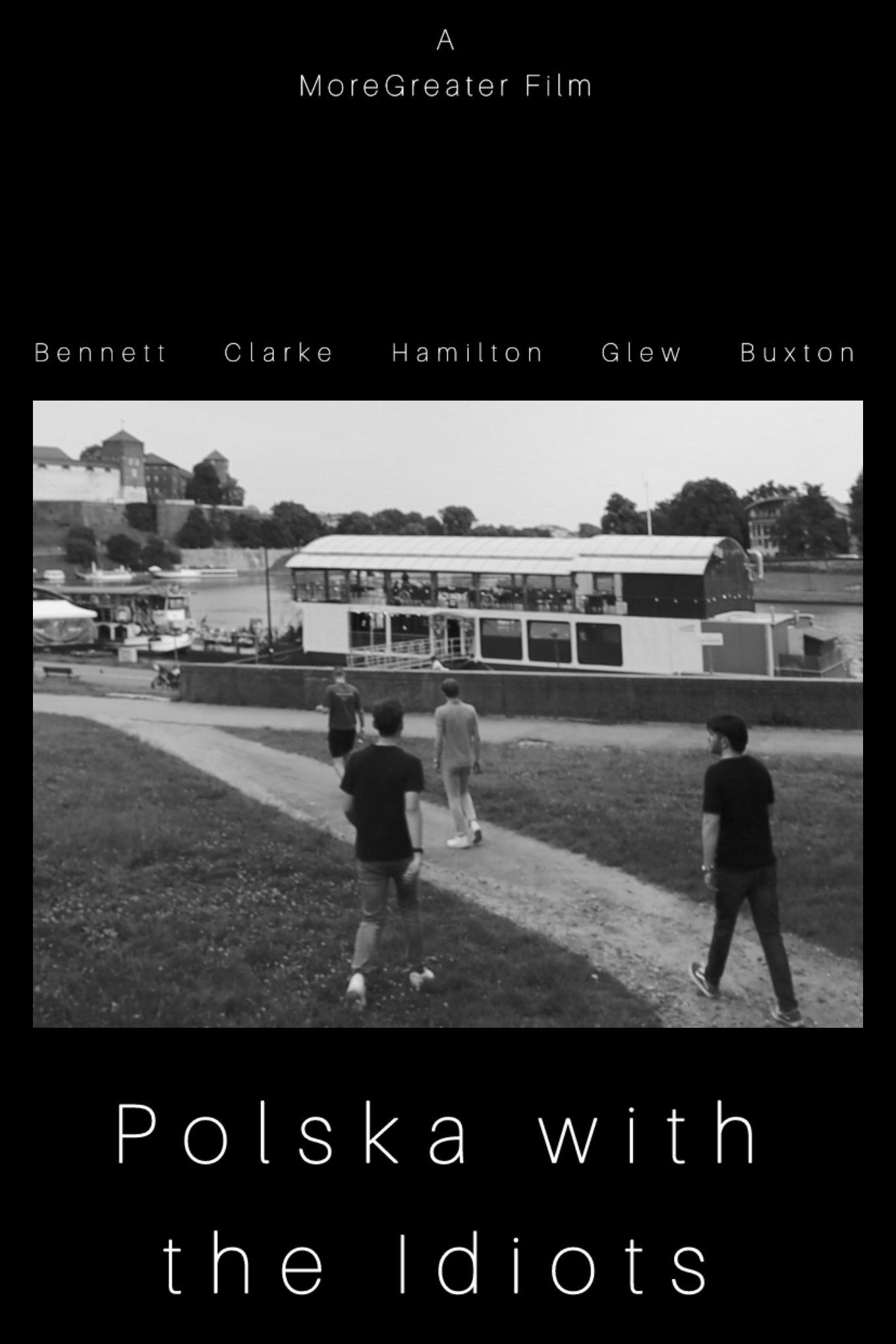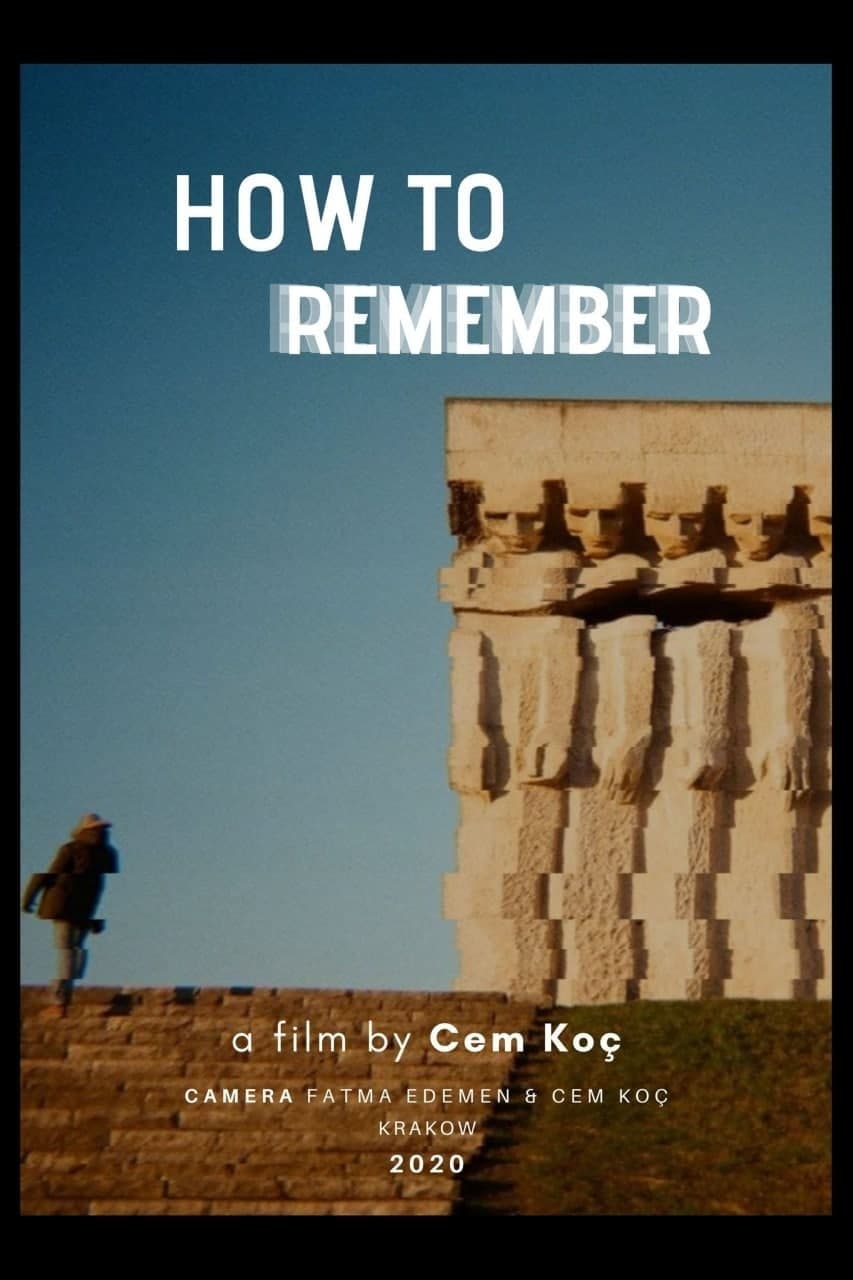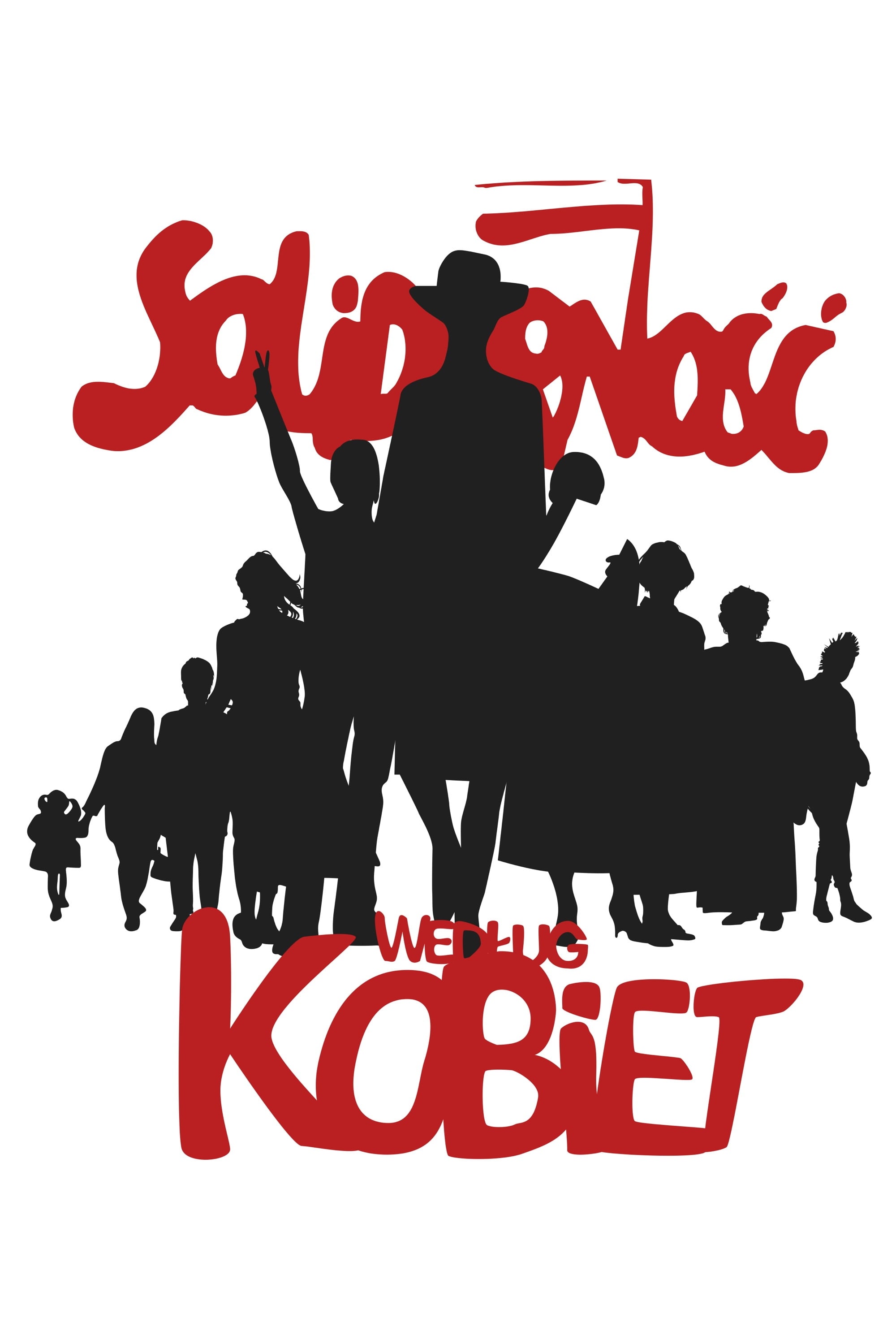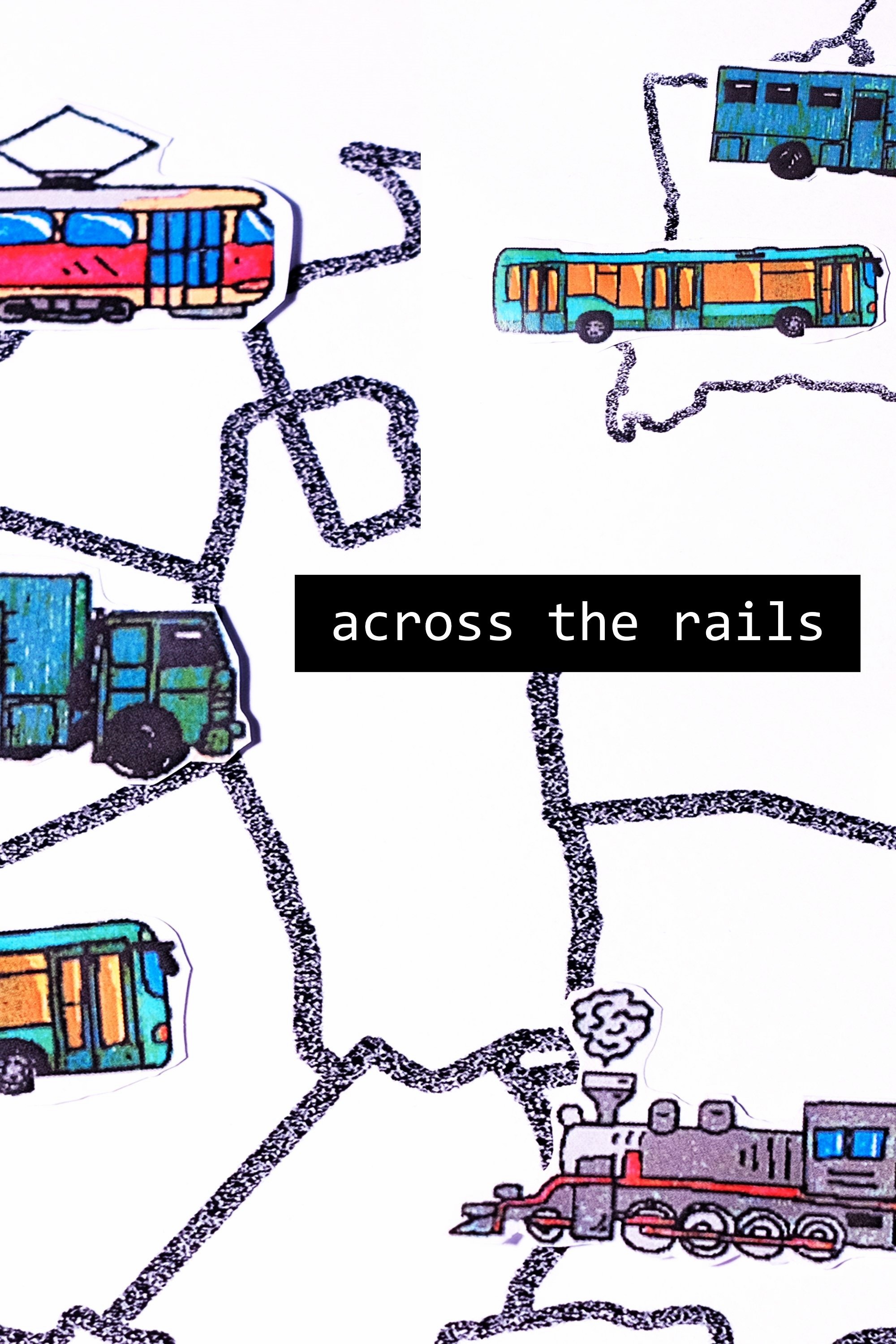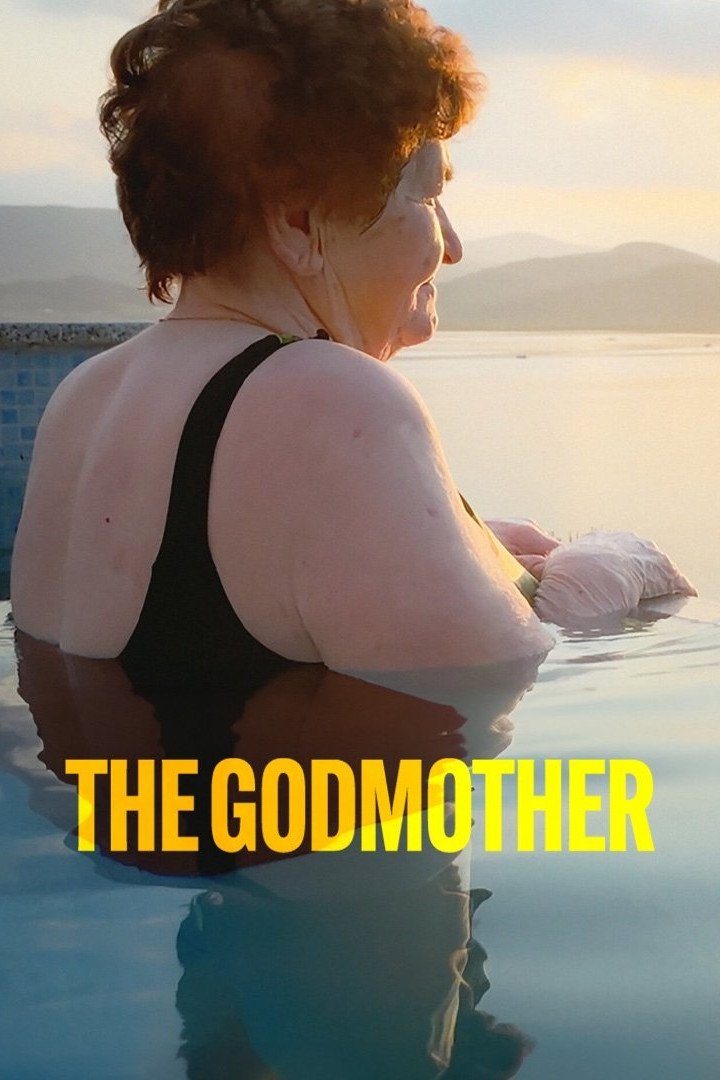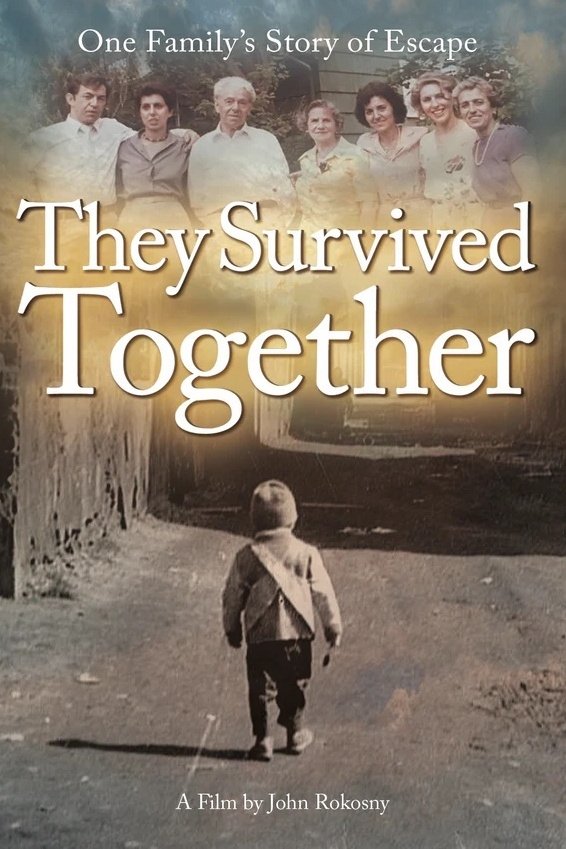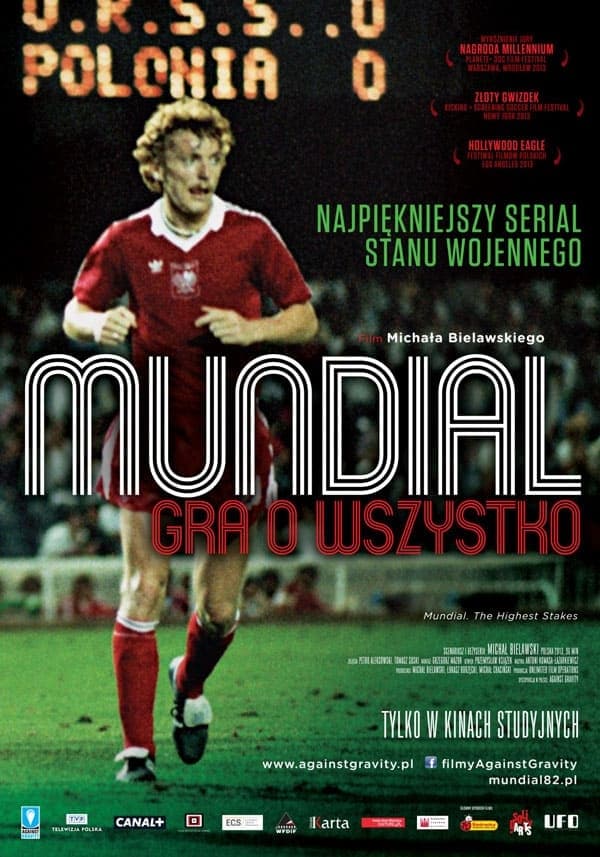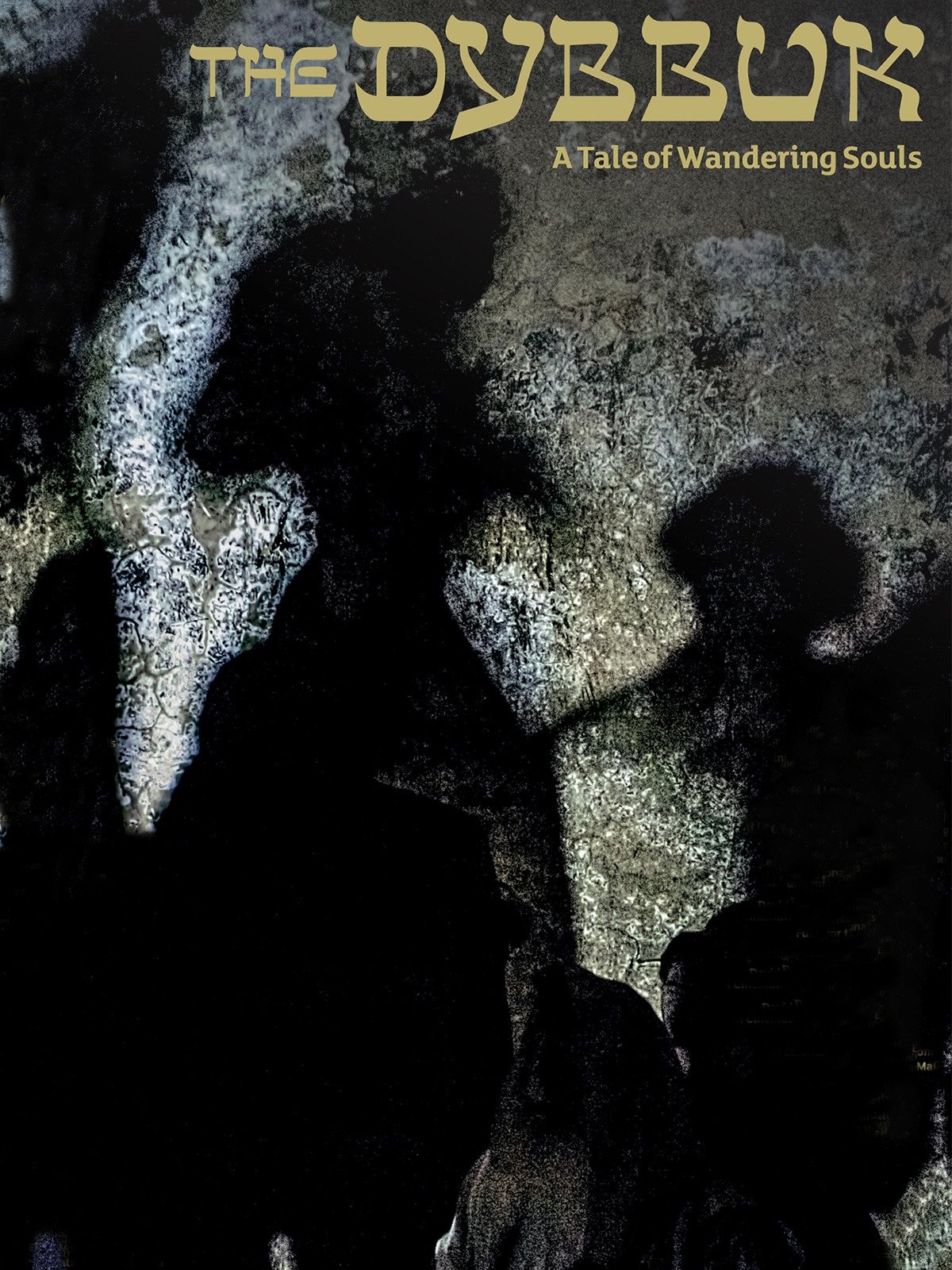Les Juifs de Pologne, des pogroms à la Shoah
Watch Movie
Share
Cast & Crew
12 members
Acting
Samuel Pisar
Self
No Image
Acting
Elie Buzyn
Self
No Image
Acting
Saül Oren-Hornfeld
Self
No Image
Acting
Térèsa Stiland
Self
No Image
Acting
Chaim Lewkowicz
Self
No Image
Acting
Larissa Cain
Self
No Image
Acting
Israel Korn
Self
No Image
Acting
Isabelle Choko
Self
No Image
Acting
Shulem Rozenberg
Self
No Image
Acting
Henryk Prajs
Self
No Image
Acting
Naphtali Lau-Lavie
Self
No Image
Acting
Feliks Nieznanowski
Self
No Image
Similar Movies
Recommended Movies

No Recommendations Yet
We're working on finding the perfect movies for you. Check back soon!
More movies coming soon


